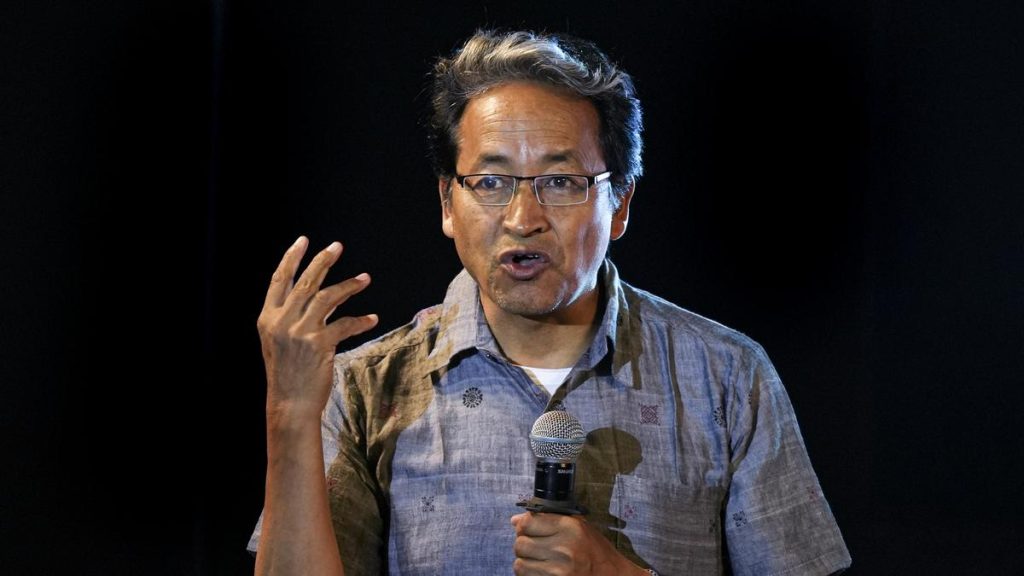Now Reading: Why Restaurants Charge Extra Over MRP
-
01
Why Restaurants Charge Extra Over MRP
Why Restaurants Charge Extra Over MRP

Fast Summary
- Delhi High Court Query: The Delhi High Court questioned the National Restaurant Association of India (NRAI) and Federation of Hotels and Restaurant Associations of India (FHRAI) about levying mandatory service charges on top of charging above maximum retail price (MRP) for items.
- Court’s Observation: A division bench observed restaurants charge customers under three components: food, ambience, and service. It challenged the rationale behind charging separately for services when providing ambience already forms part of the experience.
- Example Highlight: The court raised concerns over prices like Rs 100 charged for a Rs 20 water bottle without specifying how much was meant for ambience or services.
- single Judge Order: in March, a single judge had ruled that mandatory service charges amount to an unfair trade practice and are coercive against public interest.Additionally, consumers face double taxation due to Goods and Services Tax (GST) applied on these charges.
- Consumer Complaints: The single judge cited complaints stating the arbitrary nature of service charge enforcement.
Indian Opinion Analysis
The Delhi High Court’s scrutiny raises vital questions about transparency in pricing practices within the hospitality industry in India. While restaurants argue that providing an elevated experience warrants additional costs, customers appear burdened by unclear distinctions between general menu pricing and separately levied service charges.
this debate touches on critical consumer rights issues like informed billing practices. By labeling mandatory service charges as coercive, courts hint at deeper systemic challenges around fair trade practices-a concern often echoed across India’s growing urban middle class who frequent such establishments.
For businesses like restaurants charging above MRPs or employing dynamic pricing strategies tied to ambience and location quality, clearer disclosures may help rebuild trust with consumers while adhering to legal norms.The outcome could set significant precedents affecting not only restaurant policies but broader industries dealing with discretionary fees tied to services perceived as luxury experiences.

























